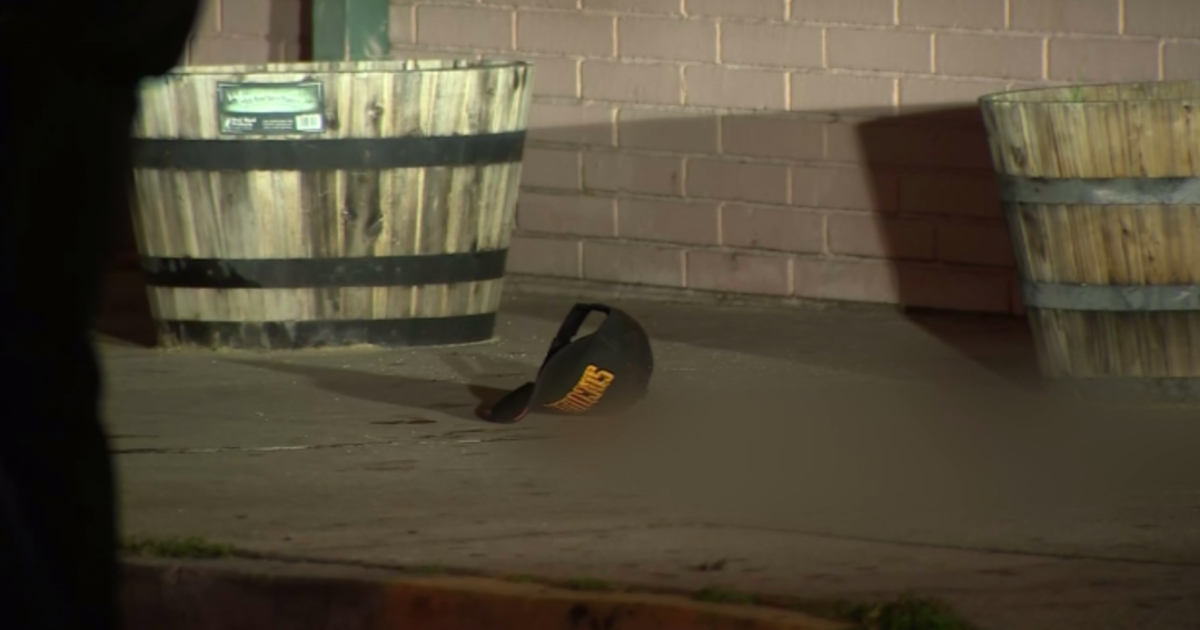Volunteers In Palos Verdes Peninsula: Rebuild Kelp Forests And Marine Life Will Come
PALOS VERDES PENINSULA (CBSLA.com) — Kelp – they're like the canaries of the ocean. If the kelp are struggling, that's a reliable indicator that there are larger problems facing that marine habitat.
And kelp off the Palos Verdes Peninsula, one of the most important kelp forest regions on the West Coast, have been hit hard. Kelp forests there have suffered a 76 percent decline over the past century, according to environmental groups. These "tropical rainforests of the sea" support hundreds of species of fish, invertebrates and other algae.
Which is why volunteers from nonprofit group The Bay Foundation are working to bring back kelp forests, and subsequently, marine life, to the Palos Verdes Peninsula. They've been clearing millions of purple sea urchins, which crowd out kelp from the area, and create "urchin barrens," according to TBF spokeswoman Julie Du Brow.
Along with TBF's volunteers, researchers, fishermen and other environmental groups, are clearing out the urchins and making way for giant kelp.
Their work this past year – the first of a four-year project – has restored more than 12 acres of kelp forests along the Palos Verdes Peninsula and the new forests have drawn Garibaldi, bass, California sheephead, spiny lobster and octopus.
Researchers say fish species have doubled in the restoration sites.
"The changes to the ecosystem from the restoration efforts have been very direct," said Jonathan P. Williams, research scientist and adjunct instructor at the Vantuna Research Group-Occidental College. "The kelp has returned and we're seeing the occasional green abalone settle into the depressions on the reef. Currently, there are a lot of herbivores grazing on the new turf algae. But as the restored reef is quickly maturing, more predators are showing up."
And urchin harvesters are profiting from the endeavor. Many of them are helping pluck the urchins from the area and selling them to local restaurants. So the next time you see "uni" on a local menu you probably have a good idea where it came from.
(©2014 CBS Local Media, a division of CBS Radio Inc. All Rights Reserved. This material may not be published, broadcast, rewritten, or redistributed. Wire services contributed to this report.)



